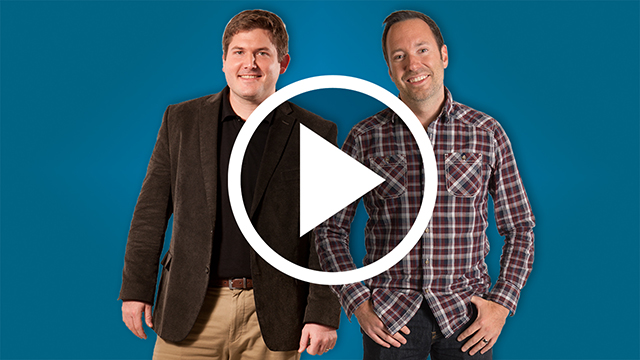
You, an independent agent, have tools to profoundly affect your customers’ buying behaviors. One of those tools comes not from a product or discount offered by your choice insurance carrier, but from your customers’ own decision-making—which you can influence in fascinating ways.
Enter behavioral economics.
Kevin Ament, Director of Agency Marketing at Progressive, explains behavioral economics as the study of how human psychology impacts consumer behavior, or decision-making in general.
There are a few major principles to behavioral economics, but two I find to be particularly powerful for independent agents are framing and anchoring.
- Framing Essentially, framing is putting context around a buying decision in such a way that the customer is swayed toward a decision. Let’s say you’ve met a new customer for the first time and want to communicate the value you offer rather than quickly moving through a list of prices. Ament suggests that outlining your value proposition—the knowledge and expertise that sets you apart from the rest—prior to reviewing prices may lead to an easier conversation around additional coverages. Customers who are less engaged in your dedication and service may focus more on dollar signs than your recommendation for a higher cost, better coverage policy.
- Anchoring Similarly, you can use an anchor to influence a customer’s buying decision. The anchor is the first option, or price, presented to a customer, and Ament points out that customers tend to unknowingly develop bias toward the first option—what seems like the best option. Let’s use three coverage packages as an example: basic, choice, and premium. If the choice option, middle in price, is the first you share with the customer, their thinking may be swayed toward better than bare minimum coverage amounts. Even if the customer doesn’t elect for the highest-price premium option, they may be more balanced in comparing three options and ultimately choosing an option that’s more favorable for both of you.
Your existing customers know your experience and know they have good reason to trust in it. Building an equally strong relationship with new customers is just as important, and behavioral economics could be an untapped resource that drives results.
To learn more about the principles of behavioral economics and how they apply to insurance professionals, check out this 30-minute video session with Progressive Agency Marketing Director Kevin Ament and Communications Director Brian Grace.

